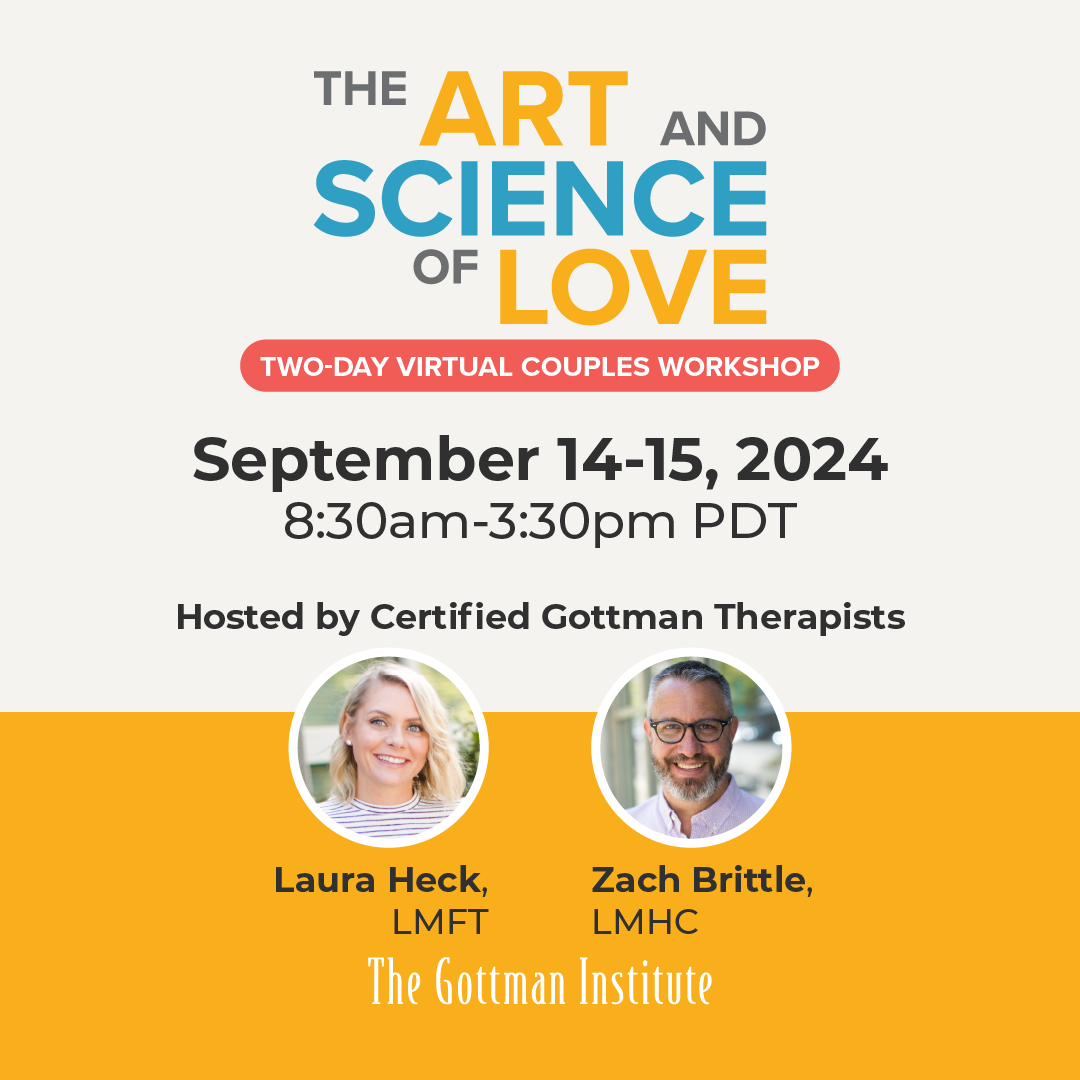There are so many ways to instantly communicate with anyone right at your fingertips. But despite this age of heightened connectivity, an increasing number of couples come to me citing device usage and social media as an issue in their relationship. Excessive device usage acts as a barrier to quality communication, which leaves partners feeling ignored or unimportant.
Many of us have experienced sharing a significant story with someone and they grab their cell phone halfway through the conversation. Attempting to share the highlights of your day with your partner but they have their nose buried in their Facebook feed? Trying to relay a story about your son but your partner is flipping through Instagram?
Well, the message seems clear – their phone is more important than you are at this moment. Over time, this can be very problematic, leading to feelings of rejection and separateness. You may even start to believe, “Why bother?”
Recent research indicates how cell phones are affecting our relationships. In a study titled “My life has become a major distraction from my cell phone,” Meredith Davis and James Roberts suggest that the overuse of cell phones can lead to greater dissatisfaction within our most important relationships. According to their study, which included 145 adults, excessive device usage decreased marital satisfaction.
An additional study by Chinese scientists assessed 243 married adults with similar outcomes. This study posits that excessive phone usage not only decreases your marital satisfaction, but it also contributes to a greater likelihood of depression. And even more concerning is that 86% of American adults constantly check their devices for social media updates, email, and text messages.
The implications are clear; our most important relationships can be dulled and diminished in favor of screen time. But you and your partner can work together to overcome excessive device usage and reconnect with face-to-face time together.
The Importance of Bids
Drs. John and Julie Gottman assert the importance of “bids” in healthy relationships. A bid is an attempt at seeking attention, affirmation, and/or affection to positively connect with your partner.
For example, at a meal together you might say, “I can’t decide between the fish and the steak” to your companion. Although the content of the statement isn’t incredibly important here, it’s a simple attempt to connect with your partner in that moment. Your partner could keep perusing their menu and ignore you, or they could accept your bid for connection and say something like, “They both sound good, but didn’t you just have steak the other night when you tried that new restaurant down the street?”
If your partner responds positively in that very small interaction, they are being mindful that you want to connect with them and are “turning toward” you. Dr. Gottman’s research suggests that successful couples turn toward each other about 86% of the time, and accepting your partner’s bids requires paying attention, which is something you can’t do if you’re using your phone.
Too much screen time may also prompt trust issues. Is your partner communicating with someone else? Are they messaging with an ex through Facebook? Social media may blur the lines of what is acceptable behavior and it could potentially lead to an emotional affair, so make sure to have a conversation with your partner about what is off limits and why.
A good rule of thumb: use real world boundaries as a guide. If you wouldn’t have that conversation with a Facebook friend in real life with your partner by your side, it’s probably best not to do it online, either.
Spending Device-Free Time Together
You should make it a priority to spend quality time with your partner without your cell phone. But before you make any rules, you should examine your own phone habits first and discuss the issue with your partner calmly and respectfully.
James Roberts, in addition to his co-authored study above, also wrote “Too Much of a Good Thing: Are You Addicted to Your Smartphone?” He explains that “if you need to improve as well, approach your partner that this is something you need to tackle together. If you point the finger at your partner without taking responsibility for your own behavior, it won’t go over well.” Like Dr. John Gottman suggests, it is always best to express how you feel and what you need by using a soft start-up.
Once you and your partner have that discussion, try taking 30 minutes together, face-to-face, as a trial run without phones. Notice how different your interaction and conversation feels when you can see each other’s facial expressions and make eye contact, which will give you an indication of how much more connected the two of you may be when spending time device-free. Express how you feel after those 30 minutes, and try to build that routine into your daily life with your partner.
Outside of 30 minutes of daily device-free time, silencing your phone during dinner, or even leaving it in another room, is a good habit to get into so you can focus on the meal and on your partner and/or family. You can make an agreement with your partner on when and where smartphones will be allowed or not, and there are apps that you can use to monitor how much time you’re spending on the phone, especially if you’d like to cut back on device usage overall.
Despite these suggestions, some of my clients will say, “But I have to be plugged in for work.” The importance of staying connected to your job is understandable, especially that more and more employers expect their employees to be accessible outside of work, but you can set boundaries for work-related phone use, too. You could try using a “do not disturb” feature on your phone to silence alerts and phone calls, but you can also allow certain contacts (like your boss) to get through in case there’s an urgent issue that needs your attention.
Whether you use your phone for work or leisure, it’s important to make an effort to spend more time face-to-face with your partner. All it takes is to be present, look your partner in the eyes, and have a real conversation. Once you feel more connected to them, you’ll know that it’s worth the effort.
The Marriage Minute is a new email newsletter from The Gottman Institute that will improve your marriage in 60 seconds or less. Over 40 years of research with thousands of couples has proven a simple fact: small things often can create big changes over time. Got a minute? Sign up below.










